
Yuan recalls staying at a friend's house in Nairobi when there was a transportation strike. A friend left the house and returned with a corncob, which was broken into four pieces for the people in the house. One person ate just half of his piece and when Yuan asked why, he explained that he was saving the other part for another friend who may not have had money to buy food that day.
"While they cannot even eat enough themselves, they still save food for other people, which touched me greatly," Yuan says.
People travel for different reasons: some to see grand architecture, others to experience nature and some to try new food. But for Yuan, the main purpose of travel is to meet people.
"Although there was a lot of beautiful scenery to see, the thing that left the most lasting impression on me was things that happened and talking to people on my way from destination A to B," she says.
She says most Indian people she met focused on spirituality more than her Chinese contemporaries, but the Kenyans she met were more similar to the Chinese in their want for material wealth. In her books she aims to enlighten readers about people, rather than places.
"We may have a stereotype about a country, and people there may see us in a certain way," she says. "I want people to learn more about culture and people than scenery."
While she prepares to launch her new book, Yuan is also working on the translation of The White Masai, an autobiographical novel by German writer Corinne Hofmann.





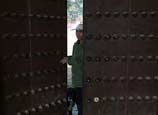
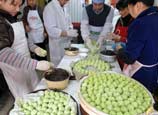
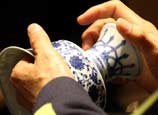
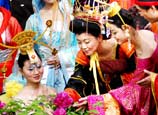

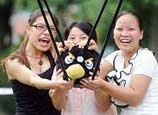






 Snails that are as fat as geese
Snails that are as fat as geese


![]()
